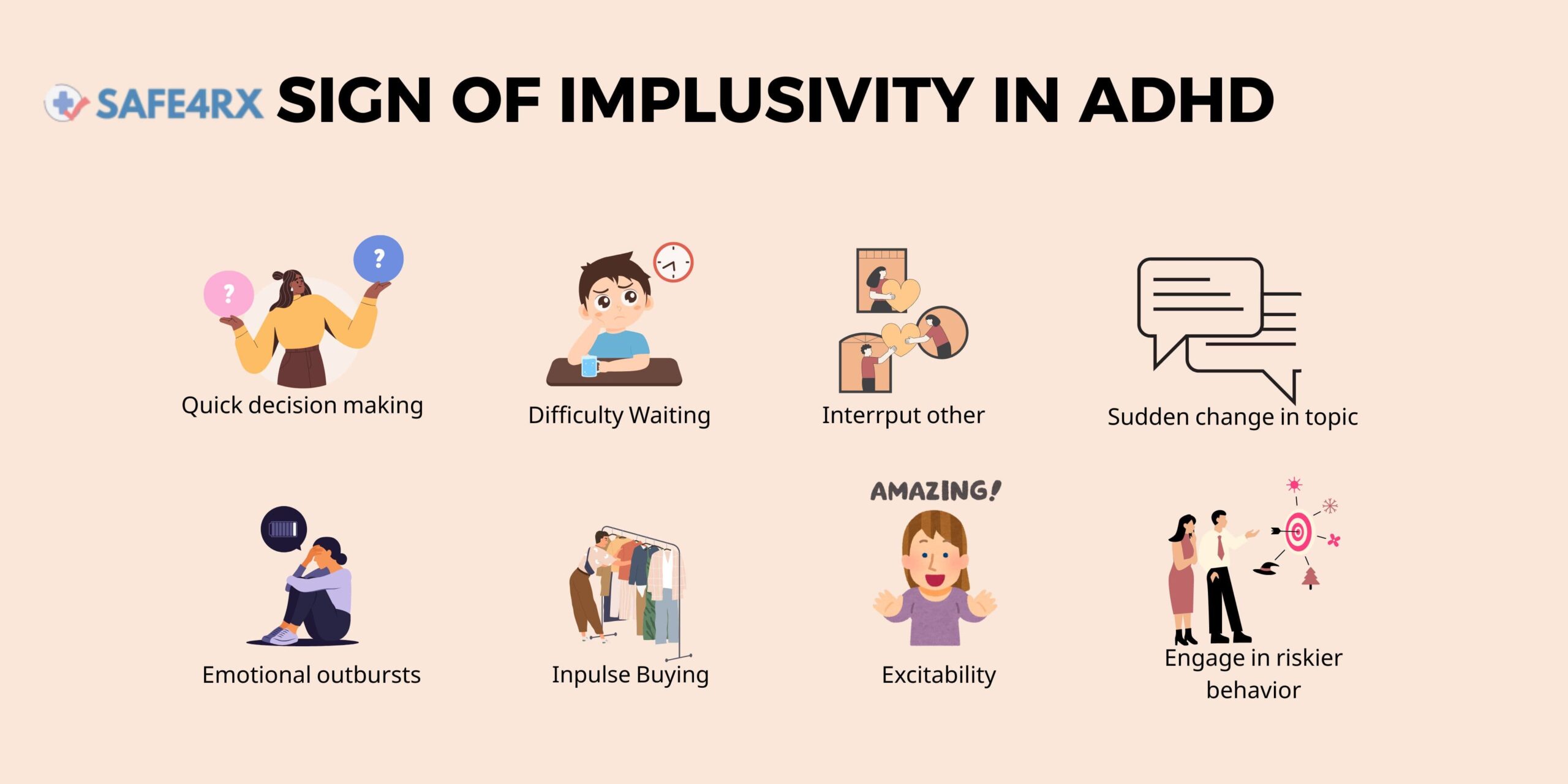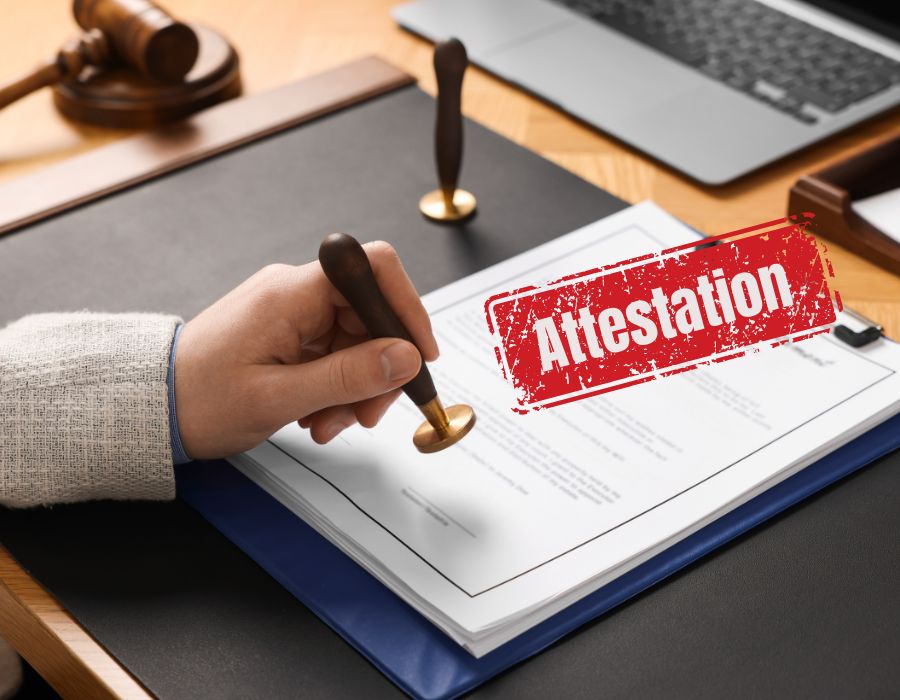
Axepta 10 mg Tablet is a well-known prescription medication primarily used for the management of Attention Deficit Hyperactivity Disorder (ADHD). It contains Atomoxetine, a non-stimulant medicine that helps in improving focus, managing impulsive actions, and reducing hyperactivity. Axepta is suitable for children, teenagers, and adults, making it one of the most versatile ADHD treatment options available today.
This detailed guide covers everything you need to know about Axepta 10 mg dosage, uses, effects, benefits, side effects, precautions, and FAQs.
What Is Axepta 10 mg Tablet?
Axepta 10 mg tablet contains Atomoxetine, which belongs to the category of Selective Norepinephrine Reuptake Inhibitors (NRIs). This medication works differently from the commonly prescribed stimulant medications for ADHD. Instead of stimulating the brain, Axepta gradually increases the levels of norepinephrine—a natural chemical responsible for attention, focus, and impulse control.
Key Highlights:
-
Used for ADHD treatment
-
Non-stimulant medicine
-
Lower risk of dependency
-
Provides steady symptom relief
-
Approved for children, adolescents, and adults
Axepta is especially useful when stimulant medications cause unwanted side effects or are unsuitable for a patient.
Uses of Axepta 10 mg Tablet
1. Management of ADHD Symptoms
Axepta is prescribed to improve the main symptoms of ADHD, including:
-
Difficulty concentrating
-
Impulsive behavior
-
Hyperactivity
-
Poor academic or work performance
-
Lack of focus on tasks
-
Disorganized behavior
Children and teens often benefit in the classroom, while adults notice improvements in workflow, daily tasks, and time management.
2. Behavior and Emotional Regulation
This medicine may also help in managing:
-
Irritability
-
Mood swings
-
Frustration
-
Social behavior issues
Improved emotional control often leads to better relationships and smoother interactions.
3. Enhanced Cognitive Performance
By improving the flow of neurotransmitters, Axepta helps increase:
-
Attention span
-
Task completion ability
-
Memory
-
Decision-making capacity
How Axepta 10 mg Tablet Works
Axepta works by increasing levels of norepinephrine, a neurotransmitter responsible for attention and behavioral regulation. It does so by preventing the reuptake of norepinephrine, meaning more of it stays active in the brain.
Because it works gradually:
-
It doesn’t cause sudden peaks and drops
-
It provides all-day control
-
It has a lower risk of misuse compared to stimulant medications
This makes Axepta a great long-term treatment choice for continuous improvement in ADHD symptoms.
Axepta 10 mg Dosage Details
Important: Follow your doctor’s instructions strictly.
Dosages vary based on age, weight, medical condition, and response to treatment.
General Dosage Approach (Non-Specific):
-
Treatment usually begins with a low dose
-
Dose is slowly increased depending on patient response
-
It may be taken once or twice daily
-
Consistency is crucial: take it at the same time every day
-
Effects may take 1–2 weeks to appear and up to 6 weeks for full improvement
How to Take Axepta
-
Swallow the tablet whole with a glass of water
-
Can be taken with or without food
-
Do not crush or chew the tablet
-
If a dose is missed, take it as soon as possible—unless it’s close to the next dose
-
Never double the dose
When to Avoid Changing Dose
Do not increase, decrease, or stop the medication without consulting your doctor.
Effects of Axepta 10 mg Tablet
Positive Effects
-
Better Focus & Concentration
Users notice improvements in attention span and task completion. -
Reduced Hyperactivity
Axepta helps reduce restlessness, fidgeting, and excessive talking. -
Improved Impulse Control
Patients gain better control over sudden reactions, decisions, or emotional outbursts. -
Academic & Work Performance Boost
With improved concentration and reduced impulsivity, productivity naturally increases. -
Emotional Stability
Some patients report better mood balance and lower irritability.
When Results Can Be Seen
-
Initial changes: 1–2 weeks
-
Significant improvement: 4–6 weeks
Side Effects of Axepta 10 mg Tablet
Most side effects are mild and temporary.
Common Side Effects
-
Nausea or stomach upset
-
Dry mouth
-
Reduced appetite
-
Trouble sleeping
-
Dizziness
-
Tiredness or fatigue
Less Common Side Effects
-
Mood changes
-
Fast heartbeat
-
Increased blood pressure
-
Sweating
Serious Side Effects (Rare)
Seek immediate medical help if you experience:
-
Severe mood changes or suicidal thoughts
-
Dark urine or yellowing of eyes (possible liver issue)
-
Chest pain
-
Fainting
Precautions Before Using Axepta 10 mg
Inform your doctor if you have:
-
Heart disease or blood pressure issues
-
Liver problems
-
Glaucoma
-
Psychiatric disorders
-
Seizure history
-
Difficulty urinating
Pregnancy & Breastfeeding
Consult your doctor before use. Do not use without medical guidance.
Alcohol Use
Avoid alcohol—it may worsen dizziness, sleep issues, and mood effects.
Drug Interactions
Axepta may interact with:
-
Antidepressants (SSRIs, SNRIs, MAOIs)
-
Blood pressure medicines
-
Asthma medications
-
Medicines affecting liver enzymes
Always give your doctor a list of your ongoing medications.
Storage Instructions
-
Store in a cool, dry place
-
Keep away from direct sunlight
-
Keep out of reach of children
FAQs – Axepta 10 mg Tablet
1. What is Axepta 10 mg used for?
Axepta 10 mg is used to treat ADHD by improving focus, reducing hyperactivity, and managing impulsive behavior.
2. How long does Axepta take to work?
Some effects may appear in 1–2 weeks, but full results often take 4–6 weeks.
3. Is Axepta a stimulant?
No. Axepta is a non-stimulant ADHD medication, making it suitable for people who cannot tolerate stimulant drugs.
4. Can adults take Axepta 10 mg?
Yes. Axepta is approved for children, teenagers, and adults with ADHD.
5. How should I take Axepta?
Take it exactly as prescribed, usually once or twice daily at the same time each day.
6. Can I stop taking Axepta suddenly?
No. Do not stop or change the dose without your doctor’s advice.
7. What should I do if I miss a dose?
Take the missed dose as soon as you remember—unless it’s close to your next scheduled dose.
Do not double the dose.
8. What are the common side effects?
Nausea, reduced appetite, dry mouth, dizziness, fatigue, and sleep problems.
9. Can Axepta cause serious side effects?
Rarely, but serious effects may include liver issues, severe mood changes, or heart-related symptoms. Seek medical help if these occur.
10. Can I take Axepta with antidepressants?
Some antidepressants may interact with Axepta. Always consult your doctor before combining medications.
11. Is Axepta habit-forming?
No. It is a non-addictive medication.
12. Can Axepta be taken at night?
Yes, but if it affects sleep, your doctor may recommend taking it earlier.







